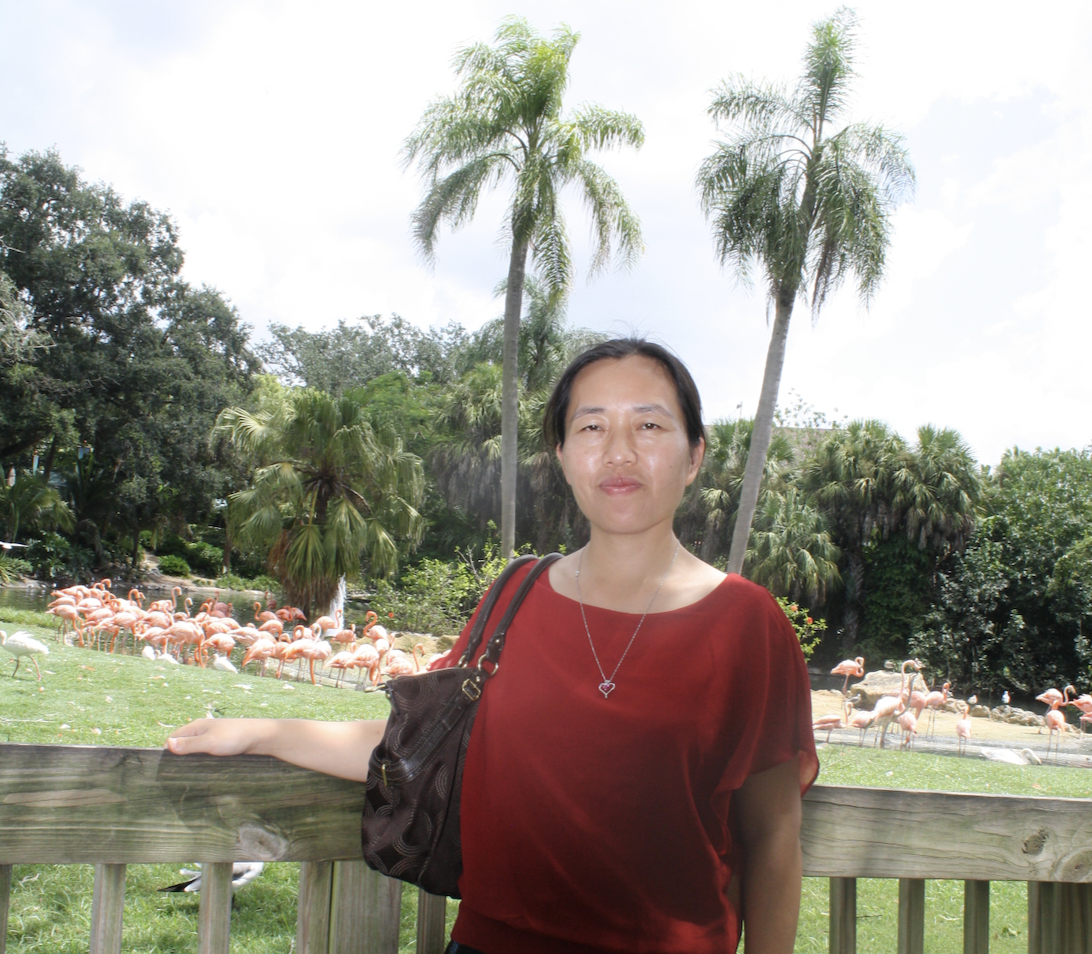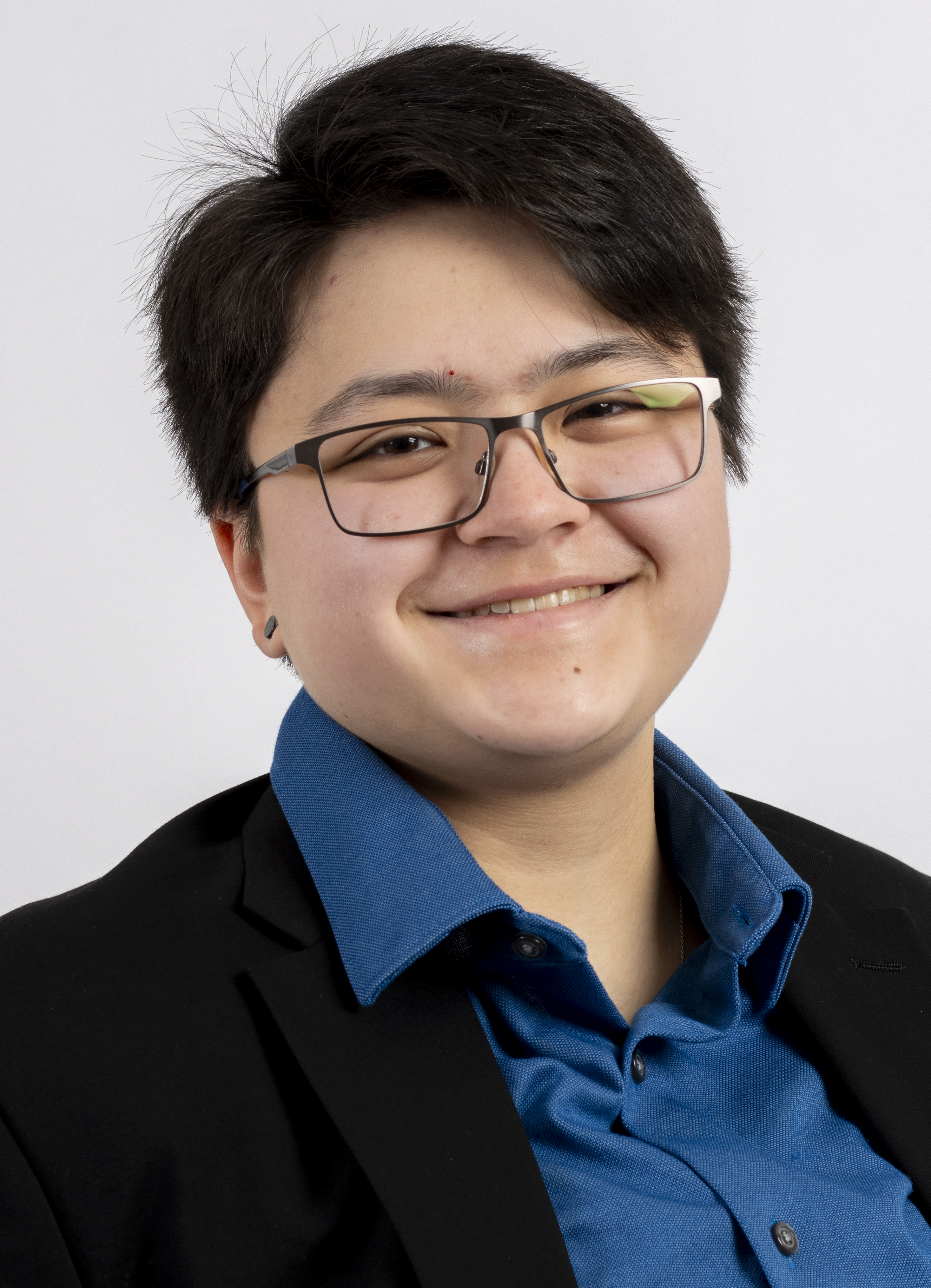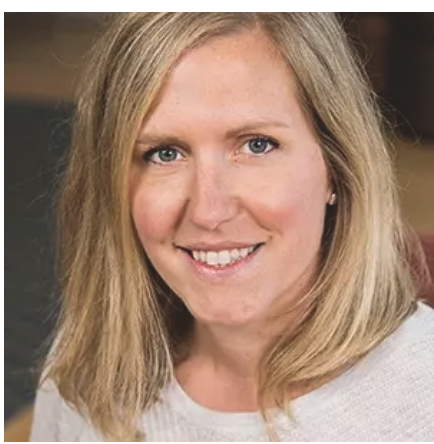Celebration of Scholars
#12: Special Education Teacher Candidates' Growth & Recommended Strategies to Manage Well-Being
 Name:
Jun Wang
Name:
Jun Wang
Department: Education
Type of research: Independent research
Funding: Wagner Teaching Fellow
 Name:
Theresa Carpentier
Name:
Theresa Carpentier
Major: Broadfield Social Science & Cross-Categorical Special Education
Hometown: Gurnee, IL
Faculty Sponsor: Jun Wang
Other Sponsors:
Type of research: Independent research
Funding: Wagner Teaching Fellow
 Name:
Rebekah Johnson
Name:
Rebekah Johnson
Department: Social Science
Type of research: Independent research
Funding: Wagner Teaching Fellow
Abstract
Over the decades, burnout among special education teachers has drawn intensive attention in the field of special education (Billingsley & Bettini, 2019). Researchers have approached this topic from different angles, including identifying some factors that are associated with special education teachers’ burnout (i.e., Brunsting, Sreckovic, & Lane, 2013); examining how teaches’ burnout impacted students’ outcomes (Wong, Ruble, Yu, & McGrew, 2017); seeking different ways to help special education teachers manage their well-being (Jennings et al., 2017; Roeser et al., 2013). Given the possible benefits of socially and emotionally competent teachers as well as the importance of helping teacher candidates manage their own well-being (Jennings & Greenberg, 2009; Roeser et al., 2013), the purpose of this research study was to examine whether a co-teaching project and a consultation project would help special education teacher candidates improve their own well-being. Addition to that, this study was also to identify some strategies used and recommended by special education teacher candidates to take care of their own as well as their peers' well-being.
Pre- and post-surveys consisting of rating scales and open-ended questions were collected before and after the co-teaching and consultation projects. Participants’ growth in eight dimensions of well-being, their strategies to manage well-being, their perceived growth in helping other people manage well-being, and their recommended strategies for college peers and teacher candidates were analyzed and discussed.
Submit date: March 28, 2024, 12:39 a.m.
